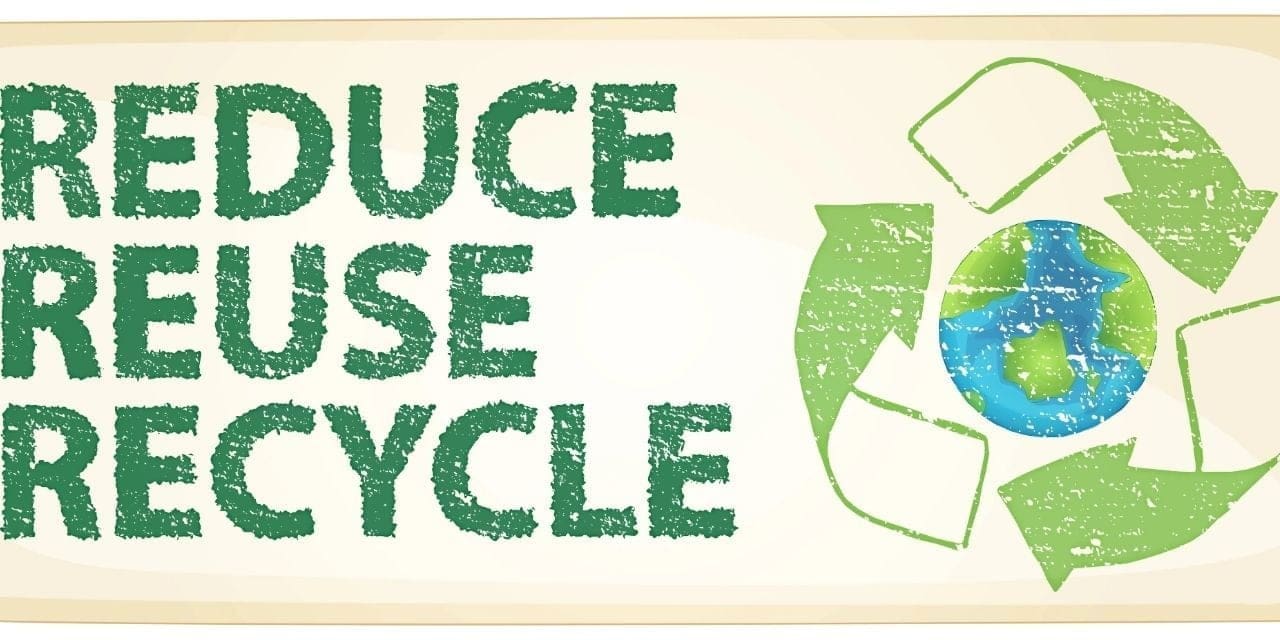Hürth, 22 May 2024: The goals of the Green Deal and the advancement of the circular economy depend heavily on chemical and physical recycling. These technologies are essential to the shift to a greener economy. Keeping as much of the carbon incorporated in plastics in the cycle as possible requires a greater variety of chemical and physical recycling techniques. This will enable the circular economy to reach the necessary scale and volume. Waste streams that are currently consigned to landfills or incineration because they cannot be recycled mechanically can now be used through chemical and physical recycling.
Because of their disparate target products, sorting requirements, accessible waste stream composition, and economics, mechanical, physical, and chemical recycling complement one other. With regard to input, output quality, and quantity, each technology has unique advantages and disadvantages. In order to establish sustainable carbon cycles and facilitate the defossilization of the chemical industry, a complete approach to carbon management must prioritise both chemical and physical recycling.
What is necessary to realise the huge potential of chemical and physical recycling?
The Renewable Carbon Initiative (RCI) lays out eleven conditions in its most recent position paper in order to secure demand, encourage investment, and advance the technological sector. These include the technology’s widespread acceptance and the requirement for recycled content in all polymers and plastics used in applications. The rules governing the calculation of recycling rates should be acknowledged and clarified; mass balance and attribution should be fully accepted, excluding fuel use; new chemical and physical recycling facilities should be approved more quickly; recycling infrastructure should be expanded to include all industries other than packaging &the ETS should continue to charge for waste incineration while prohibiting landfill disposal.
Additionally, RCI advocates for a pragmatic approach, emphasising that while closed-loop recycling is a noble goal for sectors such as packaging, textiles and automobiles, it should not be approached too dogmatically. Flexibility is essential to prevent environmental and economic inefficiencies.

